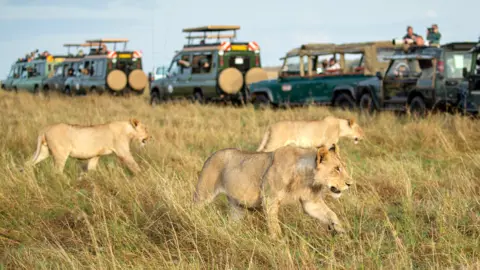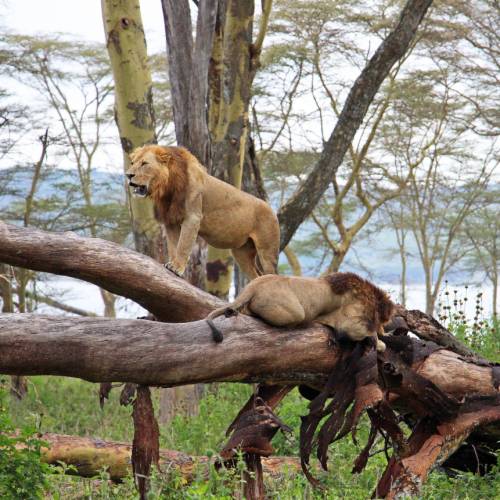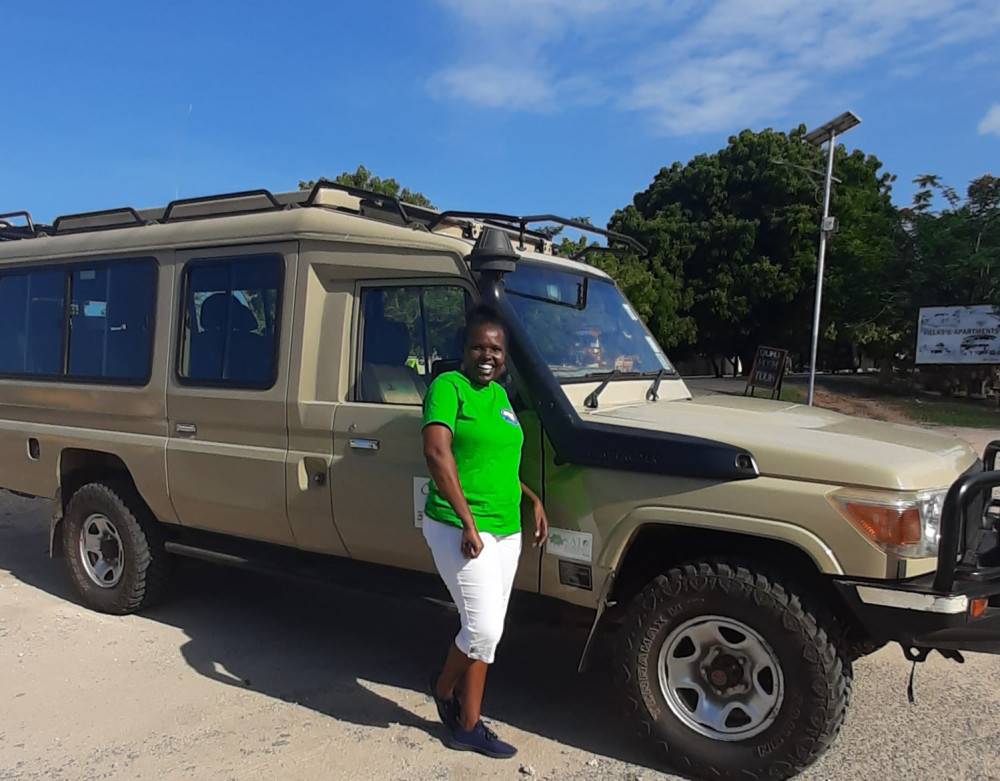Best Ideas On Selecting Devil666 Slot Websites
What Are The Health Precautions I Should Take When Traveling To Mombasa, Kenya For A Holiday?Take the proper medical precautions to protect yourself and your pleasure when you're on vacation in Mombasa. Here are some essential health concerns to consider.
1. Vaccinations
Routine Vaccinations: Ensure that you are up-to-date on routine vaccines such as measles-mumps-rubella (MMR), diphtheria-tetanus-pertussis, varicella (chickenpox), polio, and your yearly flu shot.
Hepatitis A (recommended for anyone traveling) It is caused by the high risk of drinking water contaminated and eating contaminated food.
Hepatitis B : Travelers who might be exposed to blood or bodily fluids through sexual contacts, medical procedures or use of drugs should be screened.
Typhoid : This illness is crucial for those staying with family members or close friends, traveling in smaller towns or rural areas, and for those who are prone to eating out.
Yellow Fever. People from countries with a high risk of introducing yellow fever may require a vaccination certificate. Find out the most recent guidelines.
Rabies: Considered for travelers engaged in outdoor activities that put them at risk of animal bites, including hiking, camping, or caving.
2. Malaria Prevention
Mombasa is a malaria-endemic region, is in need of antimalarial drugs. Talk to your doctor to find out the best antimalarial medicine.
Make sure to use insect repellents with DEET and dress in long sleeves and trousers. This is especially important at night. If you don't have a well-ventilated, air-conditioned hotel room, rest under the protection of a net.
3. Food and Water Safety
Avoid tap water or ice cubes as well as drinks that have not been sealed. Avoid drinking tap water as well as drinks that contain ice cubes.
Make sure to eat food that is well-cooked. Avoid raw or cooked meats and seafood. Avoid eating unwashed fruits and vegetables. Avoid street food. Instead, go to restaurants with a good reputation.
4. Diarrhoea in Travelers
Preventive measures: Wash your hands often with soap or water. Beware of eating or drinking any food or beverage from a questionable source.
Bring medications with you such as Imodium and oral rehydration sodiums. If the case is severe, consult your doctor regarding antibiotics.
5. Sun Protection
Sunscreen: Select a broad-spectrum sunscreen that has SPF 30 or more. Apply sunscreen frequently, particularly after sweating and swimming.
It is crucial to wear protective clothing. Hats, sunglasses and long-sleeved, light clothing are all great options to limit the sun's rays.
6. Heat and Hydration
Be sure to avoid dehydration by drinking lots of fluids. Dehydration is often caused by excessive caffeine and alcohol.
Avoid overexertion. Make sure to take regular breaks, especially in the hottest time of the afternoon. To prevent heat exhaustion or heat stroke, seek shade or cool places.
7. Safety in Water Activities
You can swim in Areas Designated: Be aware of local conditions, such as currents and hazards.
Marine Life Awareness - Know and beware of marine life that is harmful, such as Sea Urchins and jellyfish. Wear water shoes when walking around shallow waters.
8. Care and Insurance. Care and Insurance
Travel Insurance: Insurance for travel should be able to cover medical emergencies and evacuation in addition to comprehensive coverage.
Local Medical Facilities: Get know the local medical facilities. Major hotels often offer information on nearby hospitals and doctors.
Also, carry a copy with you of your prescription as well as a sufficient supply of all prescription medications you require.
9. Emergency Contacts
Find the contact details of the embassy of your country in Kenya by calling them.
Local Emergency Numbers:
Make sure you take these steps to limit the risk, and have fun your vacation in Mombasa. See the best kenya day tours for blog advice including tours safari africa, kenya africa travel, kenya beach mombasa, safari trips in kenya, safari excursions, kenya safari and beach packages, kenya tours and travel, tour company in kenya, travel & tours company, africa tours and more.

What Cultural Sensitivity Considerations Must Be Considered Prior To A Holiday In Mombasa?
To ensure respectful interactions with local people and enrich your travel experience, it is vital to be culturally sensitive during your time in Mombasa. Here are a few key things to think about:
1. Respect local dress codes
Mombasa is home to a significant Muslim population. You should dress modestly when in public areas, at the mosque or even your neighborhood. This includes covering shoulders, chest, and knees.
Beachwear. Wearing swimwear is acceptable at the beach but should be covered when visiting nearby shops or restaurants.
2. Religious Sensitivity
Visiting mosques. When you visit a mosque where you can worship, you need to first seek permission. Also, dress modestly. Women must wear a head covering and everyone should take off their shoes when entering a mosque.
Be aware of prayer times. Especially if there is a mosque nearby Be mindful and respectful.
3. Photography Etiquette
Permission is always required before taking photos, particularly in rural areas or traditional settings. Some people might be uneasy and might think it is intrusive.
Restricted Areas: Don't take photos of sensitive locations like military installations, government buildings and other cultural sites where photography is not permitted.
4. Social Interactions
It is important to greet people courteously. A common greeting in Swahili is "Jambo" (Hello). While handshakes are common, Muslim women should wait for the men to extend their hands before greeting them verbally, or waiting for them to greet them.
Personal Space: Respect the privacy of one's self and be mindful of physical contact, especially with the opposite sex in conservative settings.
5. Cultural Taboos and Cultural Norms
Public Shows of Love: They are not viewed with respect.
The Left Hand isn't used. Use your right hand for eating and greeting people, as well as exchanging goods as well as money.
Feet: exposing the soles of your feet, or the point of your feet towards others is considered rude.
6. Language and Communication
Basic Swahili. Understanding a few Swahili basic phrases can go a large way in building relationships with locals and showing respect. The most popular Swahili phrases include "Asante" meaning "thank you", and "Habari" meaning "How do you feel?" ).
Politeness is important. Be patient and polite when you communicate. Kenyans are tolerant of respectful and courteous interactions.
7. Respect for Local Customs
Respect the customs and ceremonies of the past. If you've been invited to attend a local celebration, be aware and respect your hosts.
Shopping in local shops and markets is a common practice. But do it with respect and humor. It is a cultural tradition and not a threatening one.
8. Alcohol and Smoking
Consumption: Alcohol is readily available however it should be consumed in a discreet manner especially in heavily Muslim regions. Beware of public drinking.
Smoking in public areas is not allowed. There are designated smoking areas.
9. Environmental Respect
Beware of littering. Make sure you eliminate your trash in a responsible manner. Be respectful of wildlife and natural habitats.
Support conservation efforts. Protect wildlife and the habitats within your region. Avoid purchasing products made with endangered species.
10. Helping Local Communities
Local Businesses: Support local artisans, businesses and markets in order to help boost the local economy.
Responsible Tourism: Participate in responsible tourism by selecting sustainable and environmentally friendly tourism alternatives that benefit local populations.
If you follow these guidelines for the cultural sensitivity of your trip, your visit to Mombasa will be more relevant, respectful, and enriching. Read the recommended kenya tours and safaris Wasini Watamu for website recommendations including travel & tours company, travel tours in kenya, travel tour companies, safari trips in kenya, tour company, mombasa safari packages, mombasa tours, african safari africa, travel tours in kenya, kenya safari and beach packages and more.

What Are My Responsibilities As An Environmentalist When I'm In Mombasa Kenya?
Being environmentally responsible when on holiday in Mombasa is essential to protect the natural beauty of the region and its rich biodiversity. Here are some key environmental responsibilities to consider:
1. Sustainable Accommodation
Eco-friendly Hostels: Select hotels that adhere to sustainable practices. Find eco-labels, such as Eco-Tourism Kenya.
Join hotel initiatives that conserve water and energy. Reuse towels and linens. Turn off lighting and air conditioning if they are not in use.
2. Responsible Wildlife Viewing
Respect Wildlife: Keep your distance from wildlife so as to not disturb them. Be sure to follow the instructions of your tour guide.
Avoid Feeding Animals: Feeding wildlife can alter their diet and behavior.
Don't litter in wildlife reserves. Bring all of your garbage with you and dispose of it properly.
3. Plastic Reduction
Reduce the use of plastics: avoid single-use plastics. Bring a reusable shopping bag along with a water bottle, utensils and even a mug.
Support Local Initiatives: Join in local beach cleanup efforts and organizations working to reduce plastic pollution.
4. Water Conservation
Mombasa has water scarcity issues. Cut down your showers, and turn off the faucets when they are not in use.
Eco-Friendly Products: Use biodegradable and eco-friendly toiletries to lessen the impact of water pollution.
5. Energy Conservation
Reduce energy consumption - limit air conditioning use and unplug electronic devices when they are not in use.
Support renewable energy: Select hotels and tour operators that use renewable sources of energy.
6. Sustainable Transportation
Public Transport: Use public transport, like matatus or buses, when it is possible to decrease the carbon footprint of your trip.
Take a walk or rent a bicycle for short distances. Some areas offer eco-friendly tuk-tuks.
7. Helping to support local economies
Buy locally: Help support the local economy by purchasing food, souvenirs and arts and crafts from local vendors.
Fair Trade: Purchase items with fair trade certifications to ensure that producers in your area are fairly compensated.
8. Environmental Education
Learn and share Learn and Share - Get educated about the environment in your area, as well as conservation efforts. Do share your knowledge with others to create awareness.
Respect local culture: Learn and accept the traditions and customs of your local community in relation to conservation of the environment.
9. Marine Conservation
If you are snorkeling or diving, be sure to avoid touching the coral reefs. Use sunscreen that is safe for reefs and non-toxic to protect marine wildlife.
Beware of throwing rubbish in the ocean. Join or help support marine conservation programs.
10. Ethical Souvenirs
Avoid Wildlife Product: Do not purchase items made of endangered animals like ivory and tortoiseshell.
Sustainable Materials: Choose items that are made from recycled or sustainable materials.
11. Take part in Conservation Activities
Volunteer: Consider participating in local conservation projects or community-based tourism initiatives.
Help local NGOs. Donate to local NGOs, and organisations that are dedicated to protecting the environmental.
12. Responsible Travel Practices
Travel in small, intimate groups to minimize the environmental impact.
Eco-Tours Select tour operators that have green policies and a commitment to sustainability.
By keeping these environmental duties in mind, it is possible to contribute to the preservation and beauty of Mombasa and the diversity of this region for future generations. See the top airport transfers kenya for blog examples including tour company, africa tours and safaris, travel tours in kenya, travel & tours company, mombasa tour companies, beach in mombasa, mombasa travel agency, kenya beach mombasa, mombasa packages, african safari kenya and more.
